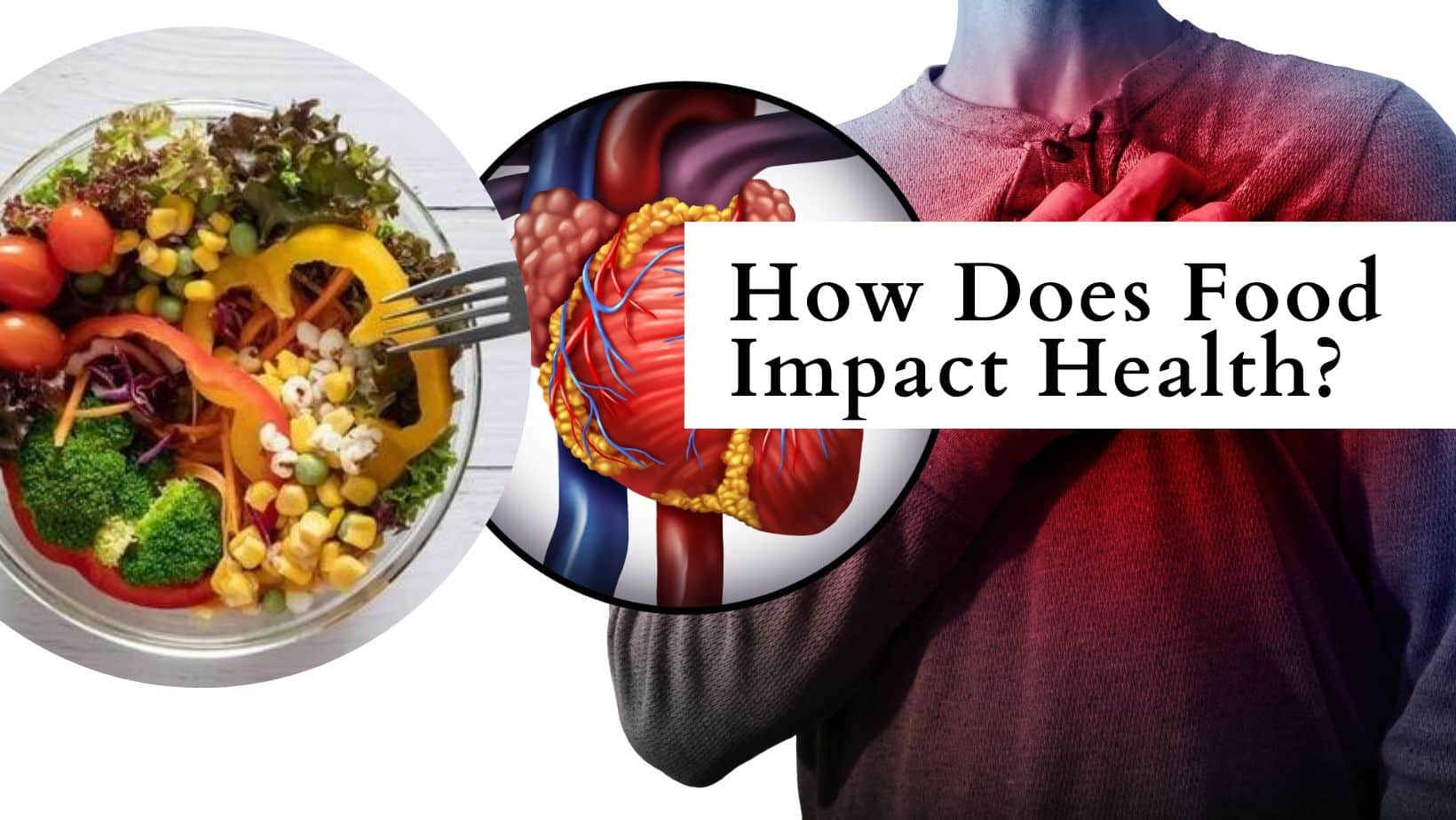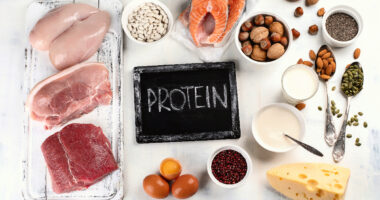 PCOD or PCOS can be quite difficult to handle, but you can manage with some lifestyle habits. Here are some foods that can eat and avoid to keep your hormones in check.
PCOD or PCOS can be quite difficult to handle, but you can manage with some lifestyle habits. Here are some foods that can eat and avoid to keep your hormones in check.PCOS cases are not usually notably overweight, it is strongly linked to abdominal rotundity and insulin resistance. Without significantly affecting weight, effective nutrition and exercise strategies improve endocrine characteristics, reproductive function, and the cardiometabolic danger profile We can now give suggestions about macronutrient input thanks to recent studies. Fat should only make up a small percentage of impregnated fat. Intake of high GI carbohydrates promotes appetite and cravings for carbs as well as weight gain and dyslipidaemia. Diet and exercise must adapt to the needs and tastes of the individual. The number of calories consumed should be spread out throughout numerous meals and snacks each day. A long-term, sustainable approach to lowering PCOD/PCOS must take into account lifestyle changes.
Foods To Eat If You Have PCOS/PCOD
By eating a wide variety of foods one can fluently increase the nutrient viscosity of the diet and reduce the inflexibility of PCOS symptoms.
Eat 4- 5 servings of whole grains per day
Whole grains are another excellent source of whole carbohydrate energy and can help you feel full between refections. Eat 4- 5 servings of whole grains including quinoa, brown rice, oats, barley, wheat, and Single polished Rice, per day.
Eat 1- 2 servings of legumes per day
Legumes are considered one of the utmost nutrient-thick foods on the earth and are an excellent addition to a nutrient-thick diet to stay fuelled throughout the day. Eat 1- 2 servings of any variety of sap, lentils, peas, or chickpeas per day.
Eat 3- 5 servings of non-starchy vegetables per day
Non-starchy vegetables are some of the utmost nutrient-thick foods. Include vegetables like tomatoes, onions, cucumbers, broccoli, cauliflower, bell peppers, Beetroot, carrot, sap, radish etc. Eat 3- 5 servings of non-starchy vegetables per day.
Eat 1- 2 mugs of lush green vegetables per day
Flora( lettuce, amaranth, fenugreek, gogu, spinach, etc.) is an amazing source of vitamins, minerals, and fibre. They help to minimize blood glucose oscillations and limit the speed at which glucose enters the blood. Include 1- 2 mugs of green lush vegetables per day.
Eat 1- 2 servings of fruits per day
Adding high-fibre fruits will help drop impregnated fat input and reduce fasting and post-prandial blood glucose. Fruits are an excellent source of whole carbohydrate energy, which fuels the brain, muscles, and liver and add vitamins, minerals, antioxidants, and phytochemicals to the diet.
- Healthy fats like olive oil painting, avocados, and nuts similar to walnuts, almonds, and pistachios (Salt less).
- Fishes with high Omega adipose acids, similar to salmon, tuna, sardines, and mackerel
Fresh sauces and spices which are antioxidant-rich and full of anti-inflammatory parcels, will help food taste inconceivable, reduce inflammation, and add important phytochemicals to the diet. Foods like turmeric, cinnamon, fenugreek seeds, flax seeds, and chamomile.
Foods To Avoid If You Have PCOS/PCOD
- Scientific substantiation demonstrates that eating a diet high in beast foods and especially high in impregnated fat is associated with increased habitual complaint threat and PCOS.
- In addition, diets high in refined carbohydrates are associated with an adding threat of insulin resistance.
Following foods should be reduced or barring
- Reused carbohydrates (cereal, eyefuls, crackers, chips, afters etc)
- Dairy products (milk, rubbish, yoghurt, ice cream, etc) should be limited.
- Red meat (beef, angel, pork, etc)
- Fish (including shellfish)
- Refined sweeteners of any kind (meliorated fructose, HFCS, etc)
- Carbonated potables, similar to tonics and energy drinks. They’re high in sugar
- Alcohol
Life Change Abetting In PCOD
People with PCOD can also profit from a change in their life. According to studies, combining a PCOD diet with physical exercise can affect the following advantages
- Weight loss
- Increased insulin perceptivity
- Further harmonious ages
- Self-care habits like getting enough sleep, avoiding over-commitment, and setting aside time to decompress can also help with PCOD operation










